As you know I’m here to give you the real deal on whatever nutrition trends come. There’s some justification for the hype: Early research suggests that collagen consumption may do everything from improving joint pain and reducing wrinkles to promoting muscle growth and aiding weight regulation. Still, the hype may have gotten ahead of the evidence. Right now, there’s not enough for me to fully embrace this trend.
What Is Collagen?
Collagen is a protein, and it’s the main component of the various connective tissues in the body (the substance that holds the body together). It’s present primarily in fibrous tissues such as tendons and skin, and it represents at least 30% of whole-body protein content.
Twenty-nine different types of collagen have been identified, but the majority of collagen in the human body is type I, II, or III. All three types form long, thin fibrils and have the basic structure of a triple helix. Collagen type I is by far the most common and is distributed in bones, ligaments, and tendons. Type I also is present in skin, where it’s largely responsible for skin’s elasticity and strength. Collagen degradation in skin results in wrinkles and aged appearance. By contrast, collagen type II is primarily distributed in cartilage, and collagen type III, which is always found alongside type I, is most prevalent in skin, blood vessels, and internal organs.
Nutritional Background
- So are there health benefits of collagen? The body can’t absorb collagen in whole form; rather, the protein must be broken down during the digestive process before absorption into the bloodstream. To increase collagen’s bioavailability, collagen supplements typically are hydrolyzed, meaning that collagen’s long amino acid chains are broken down via a chemical or enzymatic process into peptides consisting of just two or three amino acids together. These peptides are then easily absorbed through the gastrointestinal tract.
- It’s impossible to determine in advance where collagen peptides will be used in the body, or even if they will be used to produce collagen at all (collagen peptides can just as well be used for the synthesis of other proteins). We might be taking a collagen supplement for our skin, but once we digest and absorb it, they become part of the amino acid pool and get used where they’re needed.
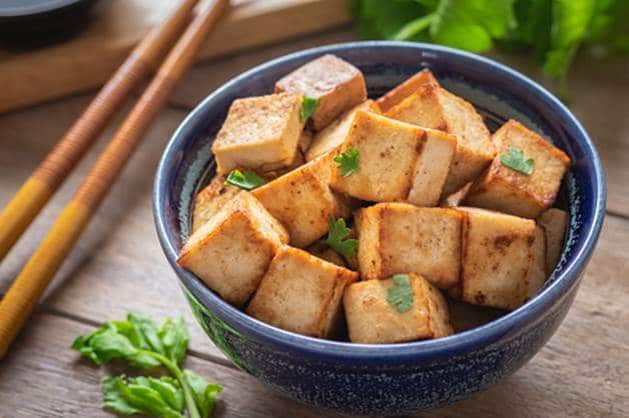
Best Food Sources of Collagen
- The most common food source currently is bone broth, made popular through the influence of the Paleo diet. Unlike stock, which is typically simmered for only a few hours, bone broth is often simmered for 24 hours or more to break down the bones and release from them as many nutrients and minerals as possible.
- Chicken, fish (skin on), eggs, and cows are animal sources of collagen. Vegetarian/vegan sources of collagen are: spirulina, beans, nuts, seeds, tofu, tempeh, and nutritional yeast.
The Real
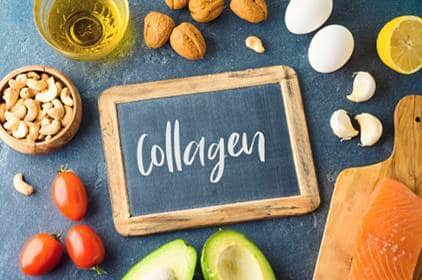
- The body doesn’t need collagen directly from a supplement or concentrated food source. Not necessary! The body doesn’t absorb collagen molecules in whole form, but rather breaks them down into their component amino acids, which it then uses to synthesize its own collagen and other proteins. Collagen production can come from any protein source, whether it be bone broth, cheese, beans, or quinoa.
- Getting the proper array of amino acids is easier for meat eaters. Vegetarians and vegans also can consume all the necessary amino acids for collagen production, as long as they’re eating a well-balanced diet. For most vegetarians, having protein from a variety of plant foods throughout the day is enough to make sure that their bodies have all of the amino acids they need for building proteins, and building collagen.
- Vitamin C and collagen is worth discussing. Vitamin C is a necessary cofactor in collagen synthesis and that also functions as an antioxidant to combat oxidative stresses that would degrade existing collagen. Good food sources of vitamin C include citrus fruit, peppers, strawberries, and tomatoes, among others. Other important vitamins and minerals include zinc and sulfur, which are additional cofactors in collagen production. Sulfur is commonly found in broccoli, onions, and garlic, and zinc is found in foods such as red meat, poultry, beans, nuts, certain types of seafood, whole grains, and dairy products.
And here’s a recipe by Studio SWEAT family member Haley (our beloved Eric’s wife) who is a master at sustainability and homeopathic recipes and lifestyle. She inspires me weekly (you simply MUST follow her on Instagram @hippiehappyhaley):
What’s better than a scrumptious stir fry? Especially when it’s got a savory sauce that will soak into any base you choose – rice, noodles, quinoa, etc! Just pick your base and plop this right on top. The tofu is full of collagen and the all-important vitamin C comes from the bell peppers. Enjoy!
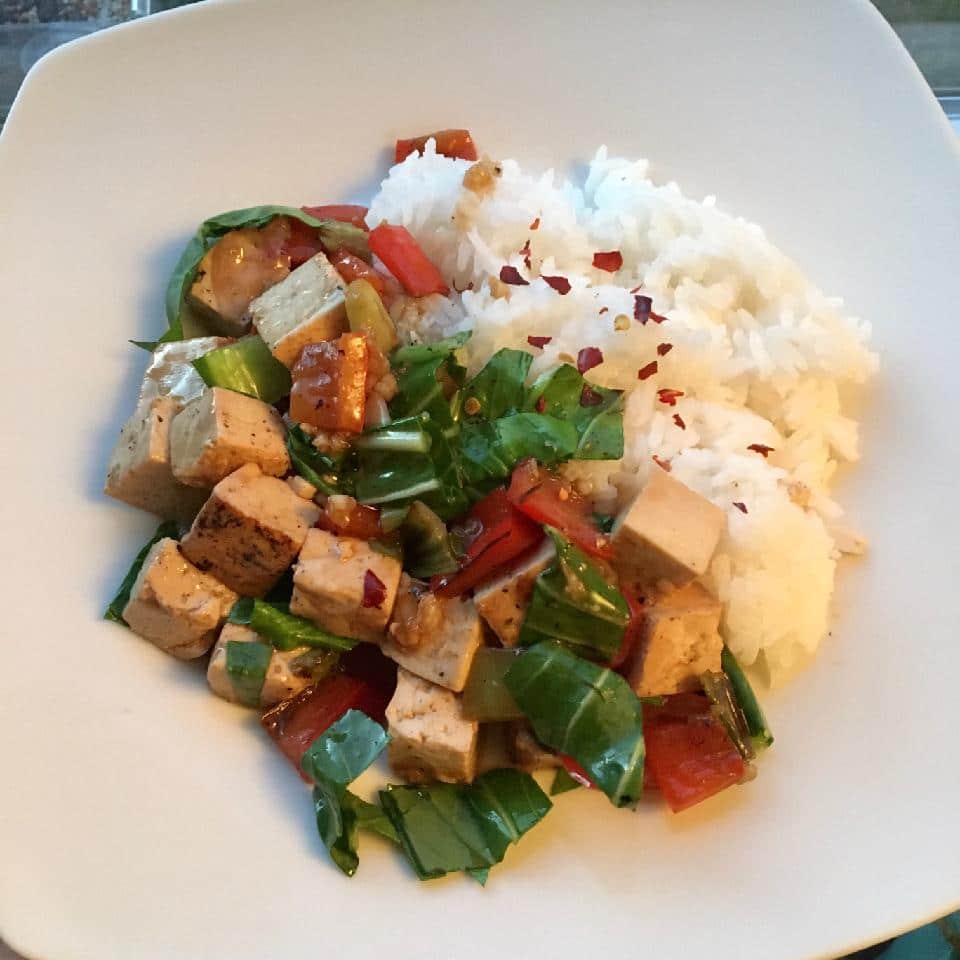
Tofu and Veggie Stir Fry:
- 1 tablespoon cooking oil
- 2 red bell peppers
- 2 heads baby bok choy
- 1 14oz package firm tofu
- Pinch of salt
Sauce:
- 1/2 cup warm water
- 6 tablespoons low sodium soy sauce
- 3 cloves garlic, minced
- 1 tablespoon maple syrup
- 1 tablespoon corn starch
- 1 tablespoon sesame oil
- 1/4 teaspoon black pepper
- Remove the core and seeds of the bell peppers, then cut into small chunks. Cut off the leafy green part of the bok choy, set aside, and cut the remainder into small chunks.
- Heat a large pan over medium heat and add the cooking oil and the vegetables with a pinch of salt. Stir occasionally and cook for about five minutes, or until veggies have softened slightly.
- While the veggies are cooking, drain the water from the package of tofu and cut it into cubes, then add to the pan. Chop the greens of the bok choy and add them to the pan at this time.
- Mix together all ingredients for the sauce in a separate bowl, and add to the pan once the veggies are cooked to your desired softness and the tofu is warmed through.
- Cook for a few more minutes, stirring frequently, until the sauce has thickened. Serve over noodles, rice, or whatever you like!
Bottom Line:
 Should I take a collagen supplement? Don’t waste your money. Eat more variety of fruits, vegetables, and protein sources (plant and/or animal). Lifestyle factors are important to look at globally. If you eat a lot of refined sugar and have a lot of stress that you don’t manage, this can degrade collagen. The body is a beautiful complex system – don’t isolate and get tunnel visioned. There is never a silver bullet. Sorry guys.
Should I take a collagen supplement? Don’t waste your money. Eat more variety of fruits, vegetables, and protein sources (plant and/or animal). Lifestyle factors are important to look at globally. If you eat a lot of refined sugar and have a lot of stress that you don’t manage, this can degrade collagen. The body is a beautiful complex system – don’t isolate and get tunnel visioned. There is never a silver bullet. Sorry guys.
And if you still decide to not listen 😉 and go for the supplement, here is my advice: Make sure you choose supplements with very few, simple ingredients (ideally just “collagen peptides” or “collagen protein isolate”), and watch out for additives, flavors, and sugar. Watch the source, too: Try to buy a product that is NSF or USP certified for safety and from a company that is transparent about their sourcing.
Miriam Jirari MPH, RDN, CPT, Intuitive Eating Counselor
Studio SWEAT Dietitian
Resources:
https://www.todaysdietitian.com/newarchives/0319p26.shtml
https://www.msn.com/en-us/health/nutrition/the-231-worst-collagen-supplement-to-take-says-dietitian/ar-AAPn3ve
https://www.eatthis.com/collagen-benefits/
https://andytherd.com/2021/04/27/do-collagen-supplements-actually-work/


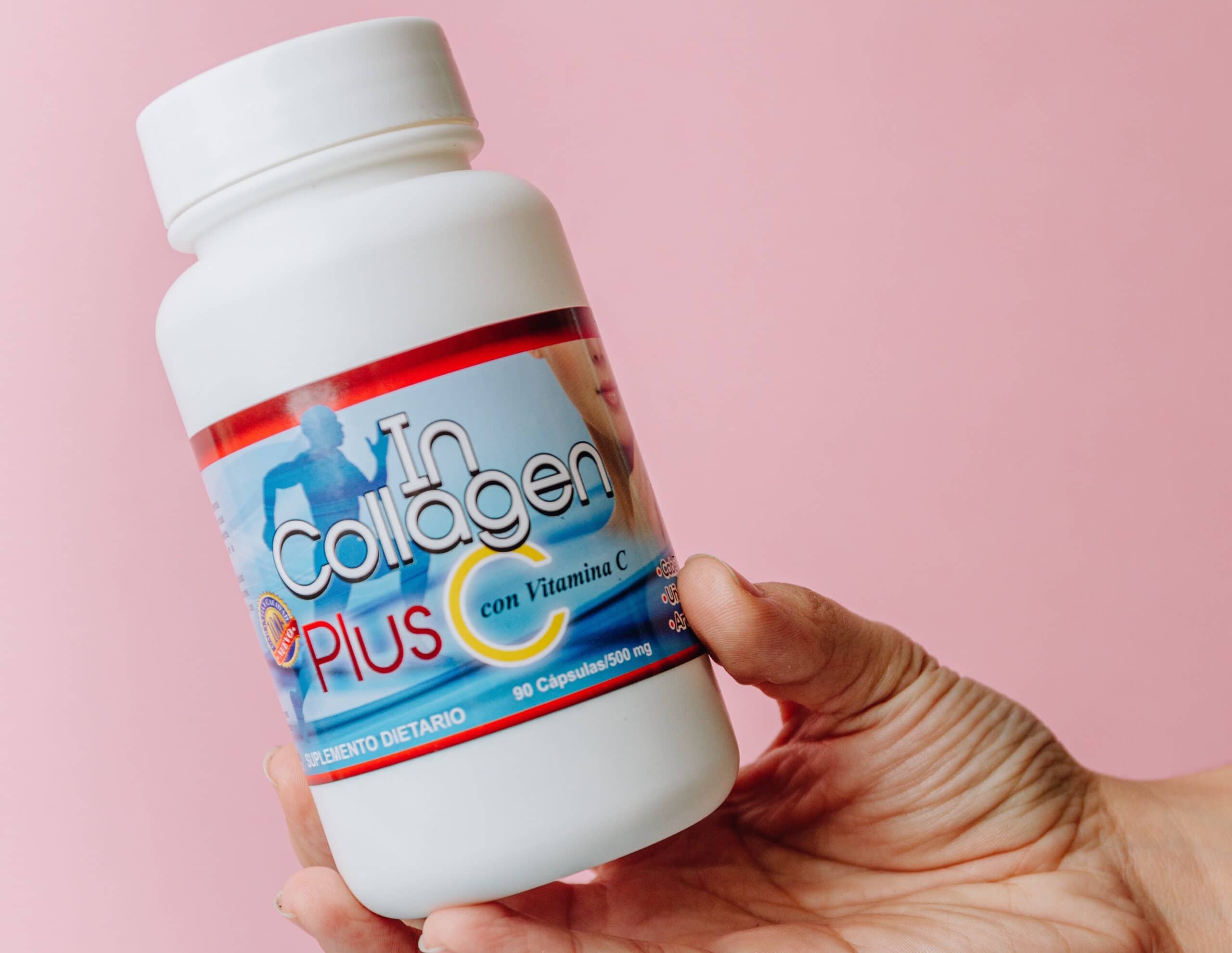

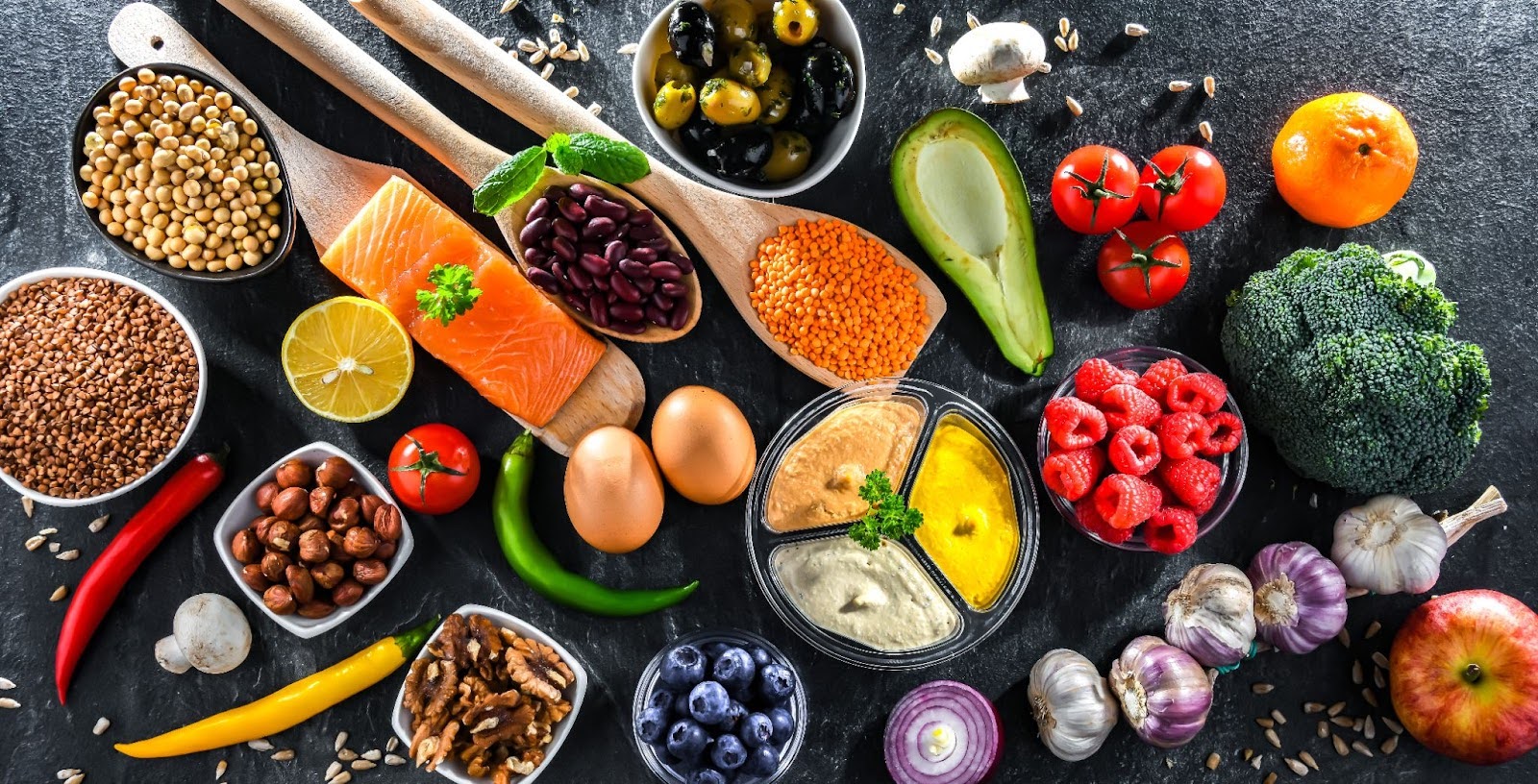





Comments - 1